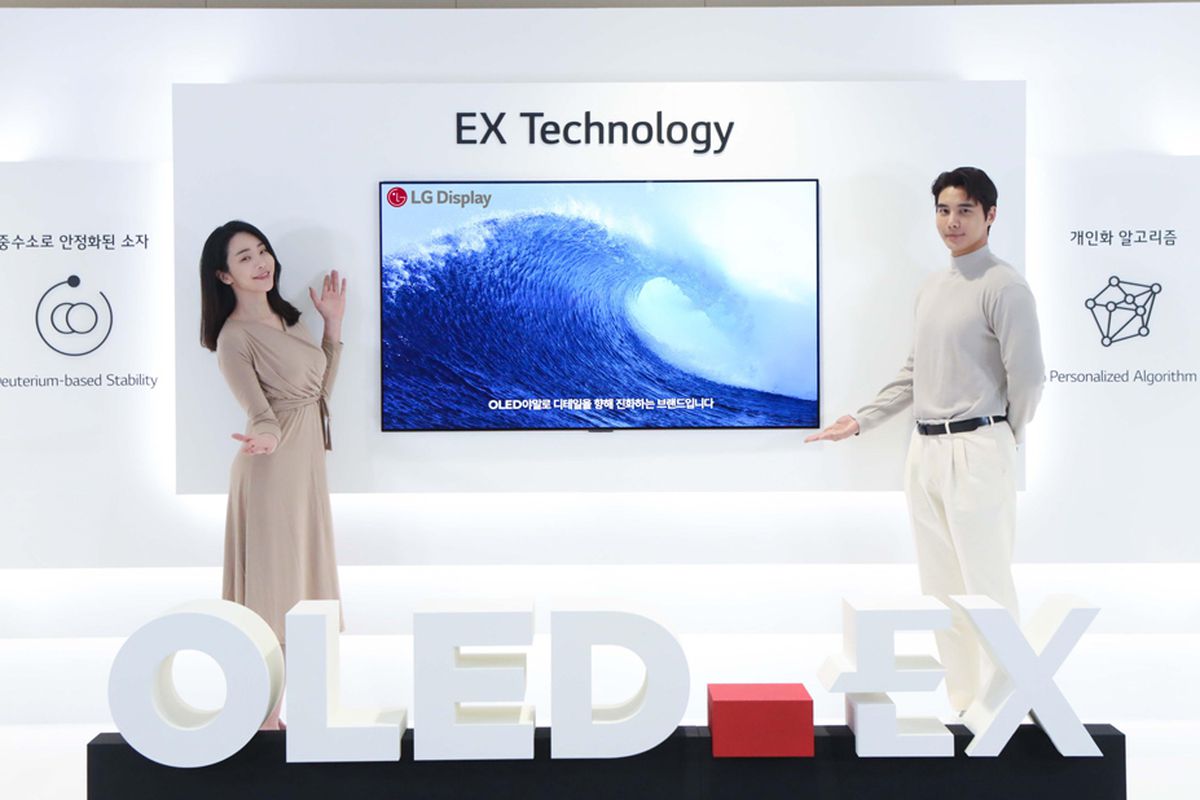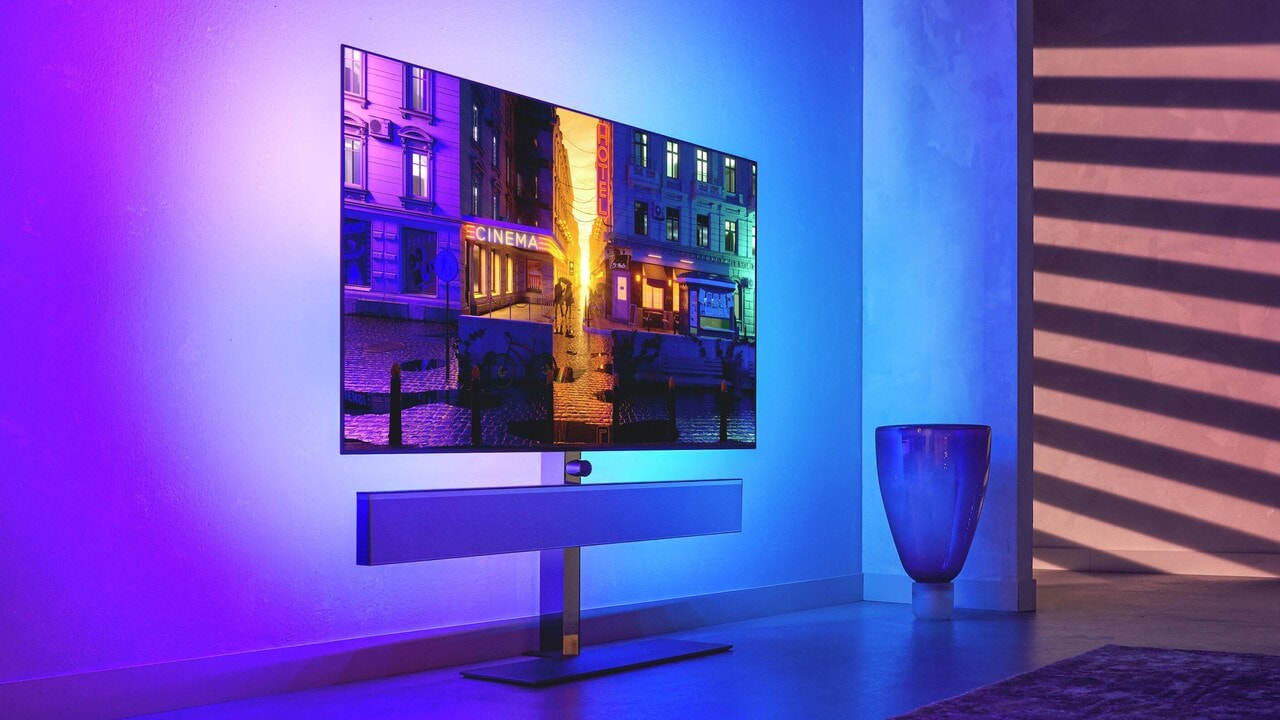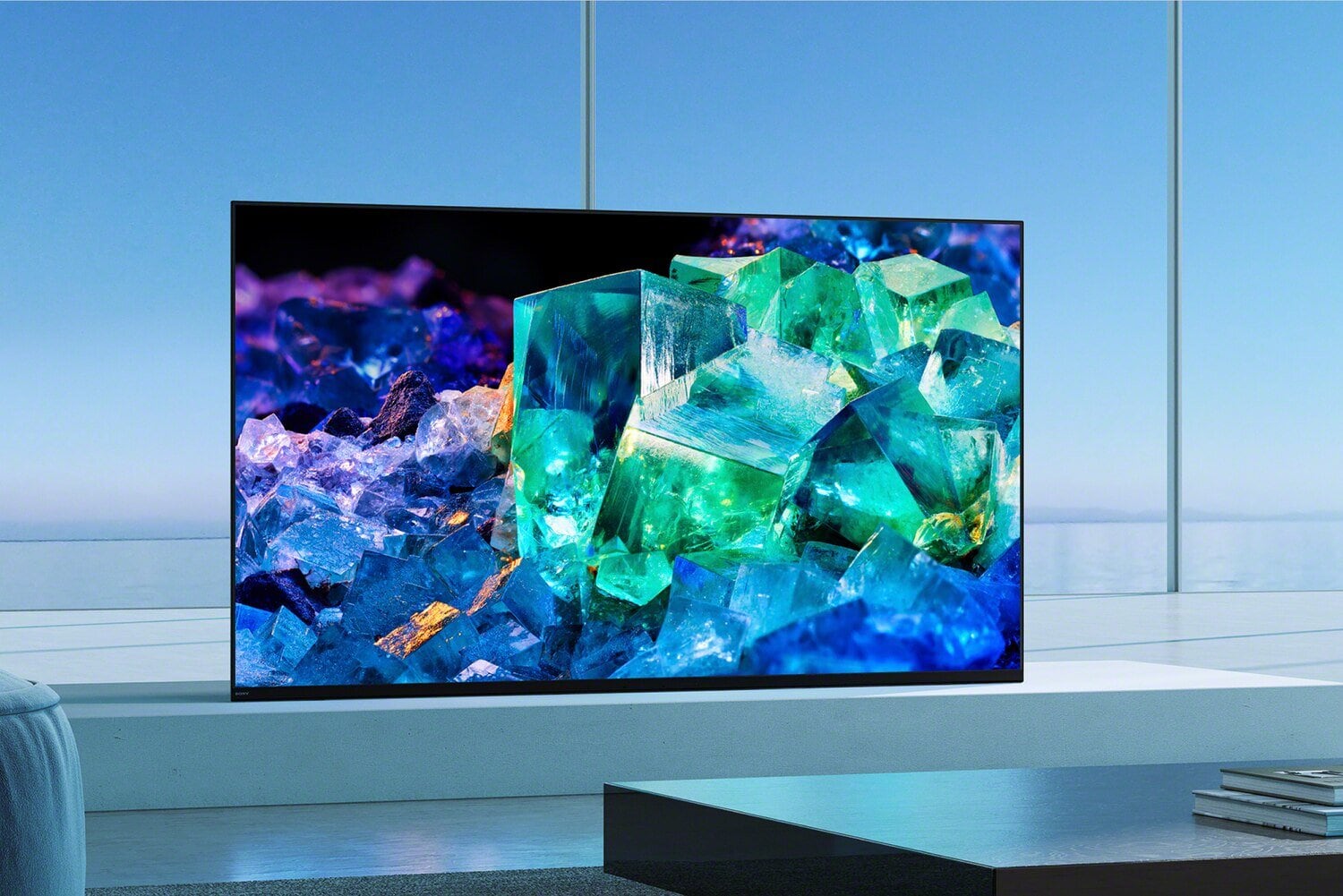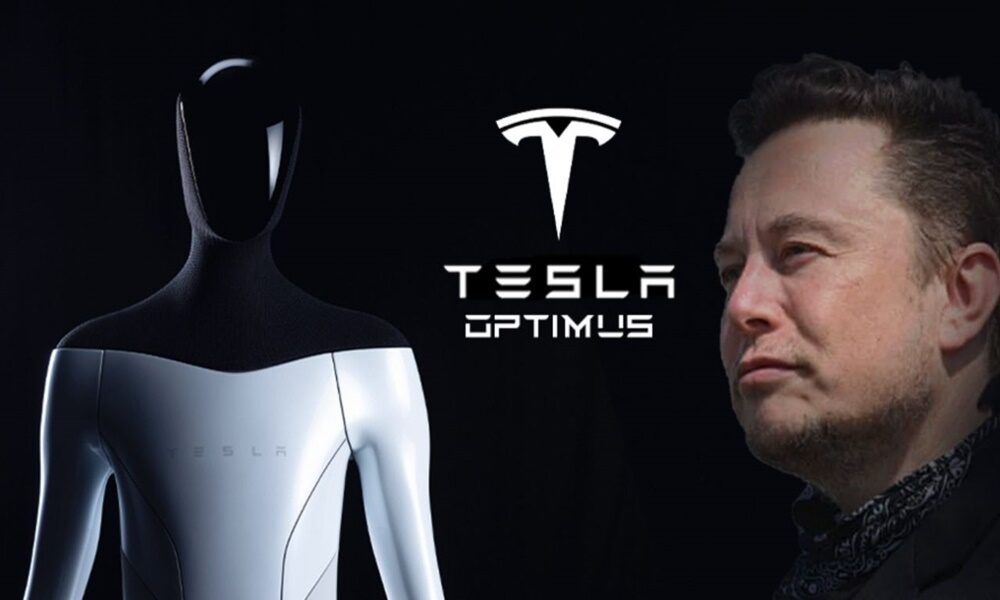
OLED technology is advancing unstoppably. In the latest financial report from LG Display we see that the division in charge of manufacturing the manufacturer’s panels is beginning to show benefits. Taking into account that the organic light-emitting diode (OLED) panel market is worth $38.4 billion in 2021, and it is expected that in 2026 it will grow by 13.6% to reach a value of 72,800 million, it is clear that this market is booming.
And, while it is true that different technological improvements that the Korean manufacturer has been bringing thanks to its R&D department have improved the user experience, as we see with its new OLED.EX technology. In addition to lowering the manufacturing cost so that the final price of OLED televisions is more adjusted.
It may interest you: OLED EX: LG presents its new technology to improve the brightness of its televisions in 2022
Deuterium will mark the future of OLED
One of the main problems with the first generations of OLED panels was the instability of their components, which resulted in a shorter useful life. But deuterium is revolutionizing the sector.
For example, LG’s new OLED.EX technology, which promises to improve brightness levels and offer a longer lifespan, uses a combination of deuterium compounds and custom algorithms. LG’s OLED Evo panels also opted for deuterium.
The reason? This component has unique properties that make it very stable. The atomic mass of deuterium is twice that of protium, the most common isotope of hydrogen. And by adding deuterium, the compounds are more stable thanks to the presence of a neutron.
Notably deuterium is used in the components responsible for emitting blue light in an OLED panel. These tend to degrade more quickly because blue light has a high frequency, but with the help of deuterium, chemicals with this component manage to significantly extend the life of these components, as well as offering better energy efficiency, which translates into higher brightness levels.
Thus, the arrival of this component is significantly helping the two major problems of OLED technology (brightness levels and panel life) to improve considerably. Another actor that is betting on this component is Samsung.
We have been waiting for the arrival of their own QD-OLED televisions for some time, and although it is not clear at the moment, It seems that Samsung will also bet on deuterium to improve the useful life of its panels. In addition, its OLED panels for mobile phones have a deuterated compound (deuterium has been added) since the launch of the Samsung Galaxy S20 back in 2020, so we can assume that its new QD-OLED panels, which have been released by the impressive Sony A95K, will feature this item.
In summary, the arrival of deuterium on the market for organic light-emitting diode panels has been a breath of fresh air for the sector, making us see OLED televisions with better performance every year. And it may be the element that will allow this technology to establish itself as a common product in the consumer market, since Smart TVs with these characteristics will not have certain limitations, mainly the need to be in a very dark environment to enjoy a good experience and burn-in problems, which have made many customers prefer an LCD model.





